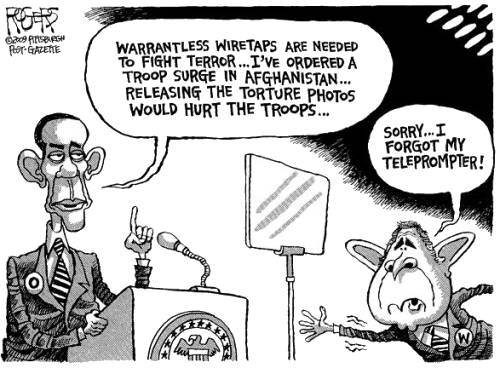I’m not shocked to learn that “a joint poll between the Associated Press and NORC Center for Public Affairs Research” found that by a two-to-one margin Americans currently favor allowing the government to tap into the communications devices (phones, computers, etc.) of private parties, according to a report published by hothardware.com:
“The results show that 56% of Americans support warrantless wiretapping, while 28% oppose it. From a political angle, 67% of Republicans favor it, while 55% of Democrats do. Meanwhile, Independents are far more divided, with 40% in favor, and 35% opposed.”
There are two reasons this result is unsurprising: First, there have been several high-profile terrorist attacks the past few months (notably Paris and San Bernardino), and as a result, civilians hope wiretapping might help prevent another attack, if the government can snoop on the bad guys before they act; and second, most people, rightly, assume that the government won’t be listening in on their conversations. They will be focusing on bearded men in bedsheets.
Yet we have the Fourth Amendment for a reason. That provision of our Constitution states: “The right of the people to be secure in their persons, houses, papers, and effects, against unreasonable searches and seizures, shall not be violated, and no warrants shall issue, but upon probable cause, supported by oath or affirmation, and particularly describing the place to be searched, and the persons or things to be seized.”
So that, when the government decides it is necessary to tap into someone’s conversation, that is not your innocent discussion with your spouse, for example. It is only constitutionally allowable for the government to wiretap if it has evidence that you are likely involved in a criminal act.
In the case of possible terrorists, it’s perfectly okay for the FBI, NSA or some other law enforcement agency to wiretap their phones or computers, as long as the agents have probable cause and they get a judge to issue a valid warrant. That’s not too high a hurdle. And therefore, it’s not unreasonable to enforce the constitutional prohibition against warrantless wiretaps.


No comments:
Post a Comment